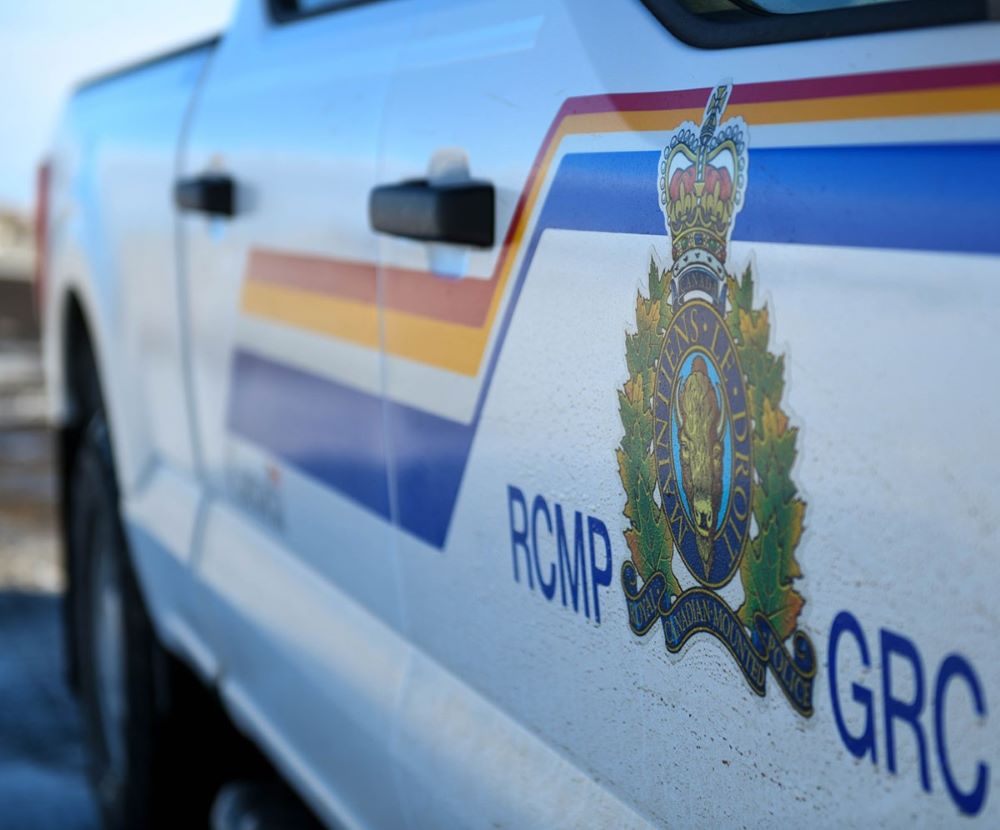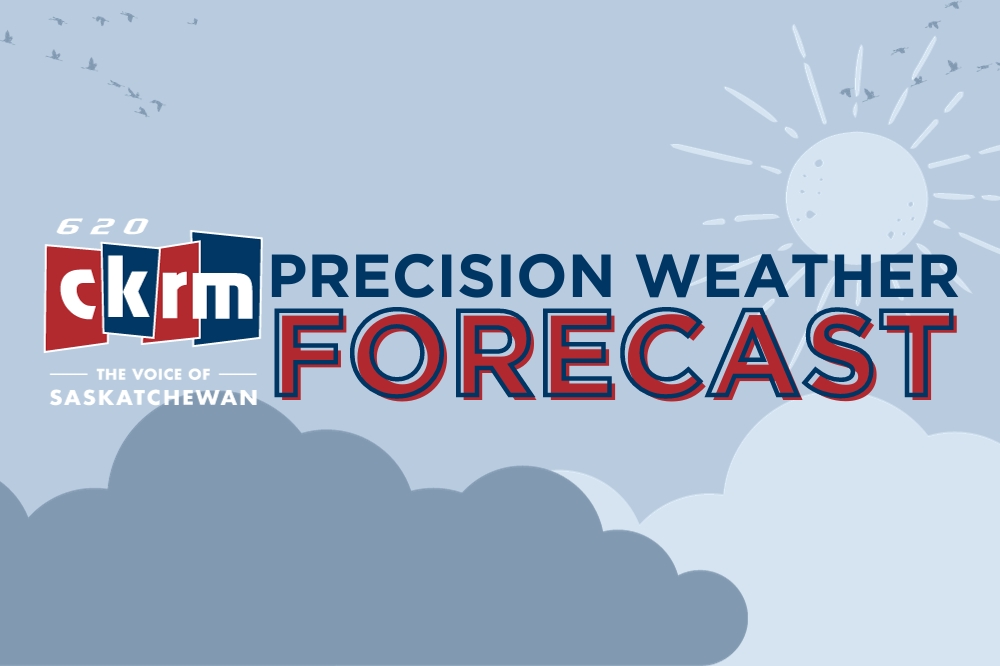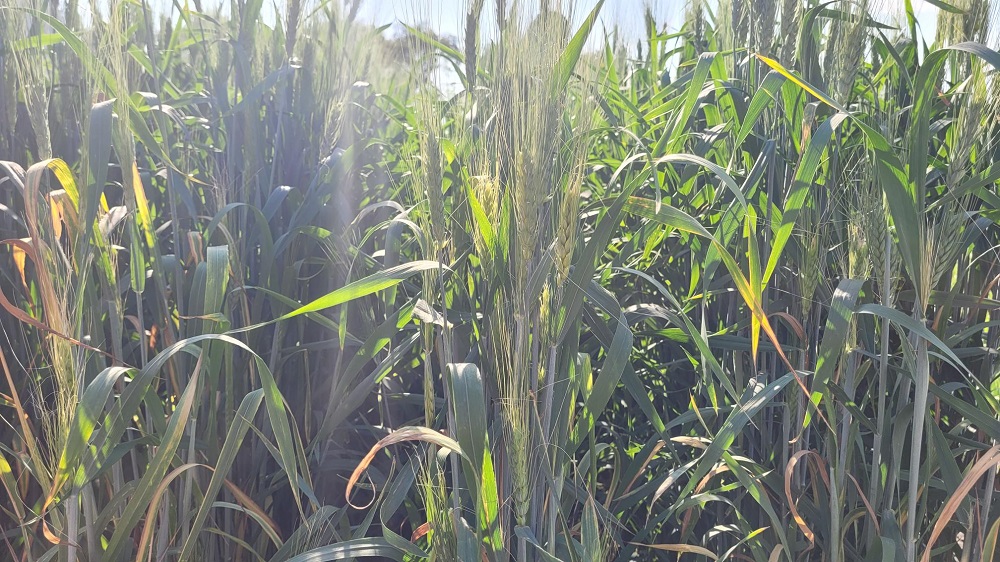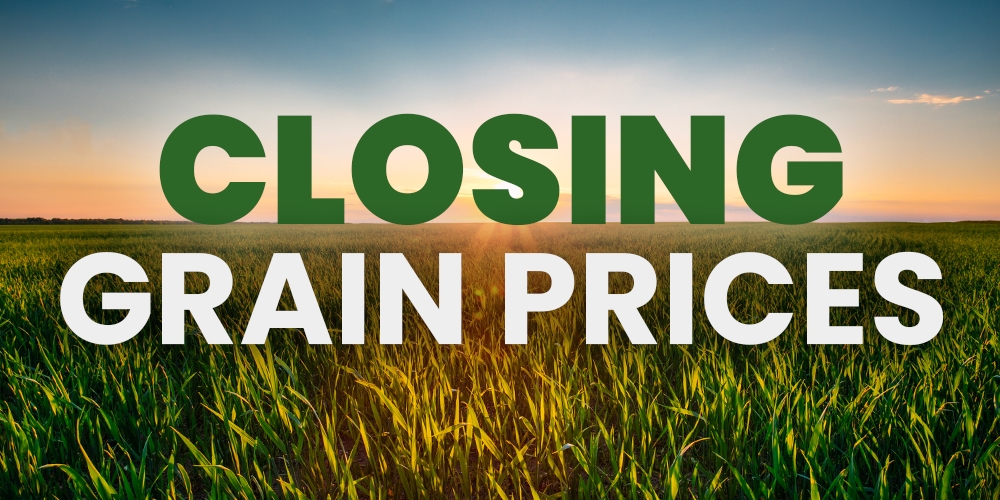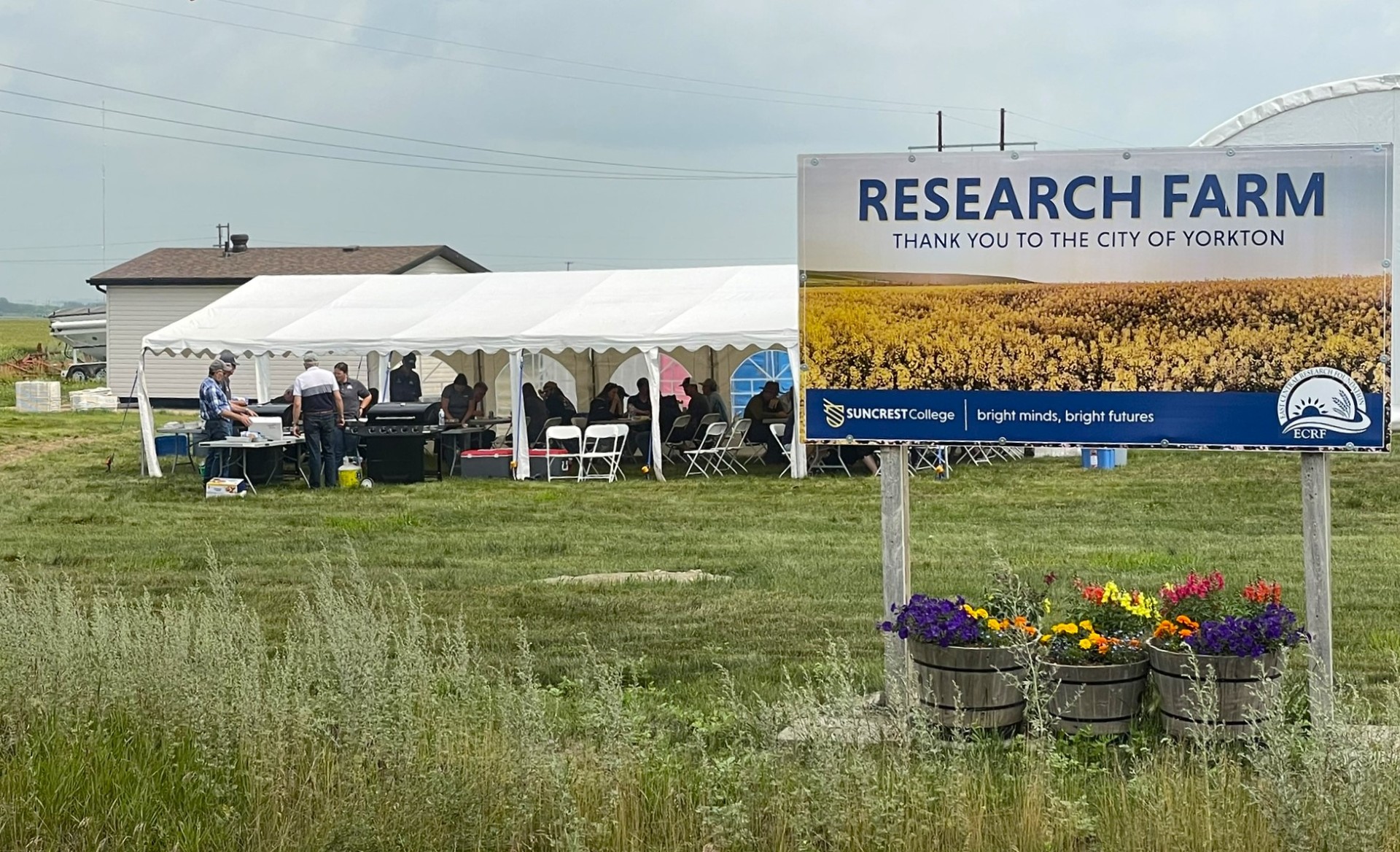Justin Trudeau‘s combative attitude to some provincial premiers may not be just campaign rhetoric — his platform is promising to turn it into government policy if the Liberals are re-elected.
The platform takes a hard line on what the Liberals see as provincial foot-dragging on eliminating internal trade barriers and identifying priority infrastructure projects that are eligible for federal funding. And it warns that a re-elected Liberal government will take matters into its own hands on both files if necessary.
On infrastructure, the platform asserts that “some provinces are playing political games — delaying project approvals and putting good jobs and our quality of life at risk.”
In a second term, it says, a Liberal government would require all provinces and territories to identify and approve their long-term infrastructure priorities within two years. Federal infrastructure funding that hasn’t been designated for specific projects by the end of 2021 will be given directly to municipalities, through a top-up of the federal gas-tax fund, to spend on projects they choose.
On internal trade barriers, the platform says a re-elected Liberal government would “actively assert federal jurisdiction where needed to help move forward with free trade within Canada”
Compare that assertive and potentially confrontational tone to the conciliatory note Trudeau struck just three weeks after his government was sworn in in 2015, as he prepared to host the first of his promised annual first ministers’ meetings.
“The challenges we face as a country require a true partnership between the federal government and the provinces and territories, which can only be achieved by sitting down together and engaging in an open and continuous dialogue,” Trudeau said then.
At that time, Trudeau was surrounded by friendly Liberal governments in a host of provinces, including Ontario and Quebec. Since then, most of them have been replaced by decidedly more hostile conservative governments with little inclination to help advance the federal Liberal agenda.
Francois-Philippe Champagne, who has been infrastructure minister in Trudeau’s last cabinet, said in an interview that the Liberals still want to work with the provinces but infrastructure projects have “got to happen.”
“I don’t think as a country we can afford to waste one construction season,” he said.
Champagne said some of the delays in provinces’ designating their priority projects for federal funding have been “normal,” the result of new governments being elected in a number of provinces. But other delays, he said, are “beyond what I think is normal.”
A news release issued by the Liberal campaign just prior to last weekend’s release of the platform put it more bluntly. It accused Doug Ford’s conservative government in Ontario of wasting two construction seasons “by putting slogans before substance and by looking for political wins where they should have been working to get shovels in the ground.”
The Trudeau government has allocated $180 billion over 12 years for infrastructure projects. Infrastructure Canada’s website shows wide variation among the provinces in designating projects eligible for their shares of the second installment of that federal funding.
For instance, Alberta and British Columbia have already approved projects worth some 60 per cent of their shares of the funds, Quebec about 35 per cent, Ontario about 10 per cent and Manitoba less than 10 per cent.
On internal trade, the federal government has the constitutional power to ensure that goods travel freely from one province to another — a power it has been urged to use by those eager to knock down barriers to free trade across the country.
Liberal insiders say the platform’s threat to “actively assert federal jurisdiction” does not necessarily mean a re-elected Trudeau government would resort to its constitutional power. Rather, it’s meant to convey how serious the Liberals are about tackling the problem.



